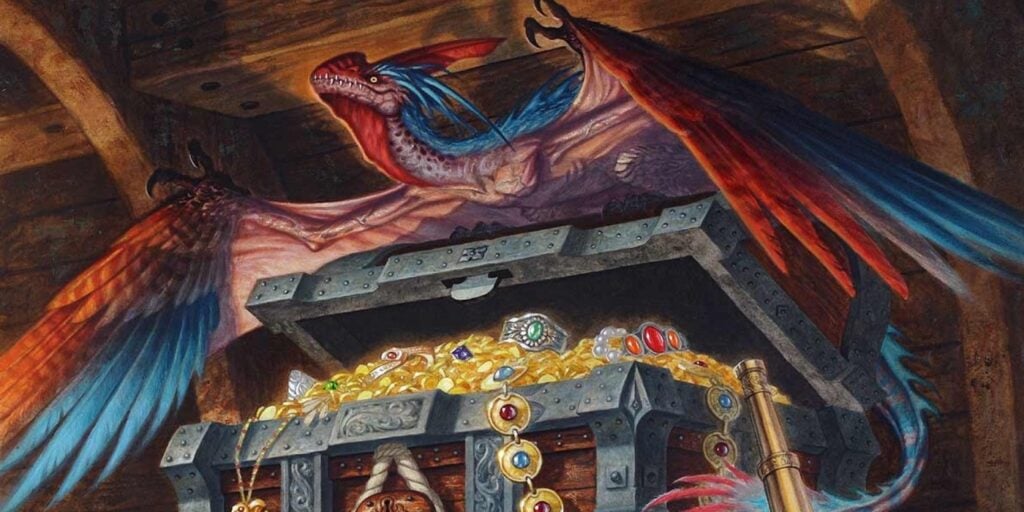D&D: Party Stalling Out? Here Are Five Ways To Get Back On Track

Has your party come to a halt in their progress on the adventure? Don’t worry, here’s five ways to get your game back on track.
Adventuring parties are notoriously more prone to wandering off track than the main character in an Elder Scrolls game. They have more traits in common with ADHD than a roomful of gifted and talented students used to getting good grades, high praise, and immediately being good at most things they try but have since been confronted with the cold, hard reality of the world we live in.
That is to say, it’s not a question of if your party gets sidetracked, but when. And largely, I wouldn’t worry about it. It is all part of the natural rhythm of a D&D game. The cycle goes something like, “DM lays out adventure, PCs go a few steps, get sidetracked by cute NPC that DM wasn’t expecting, party eventually moves on.” But when you feel like you’ve hit a wall, and the party has stalled out long enough that you’re genuinely not sure where to go next, here are a few things you can try to get your fellow adventurers back on track.
Ask For a Recap
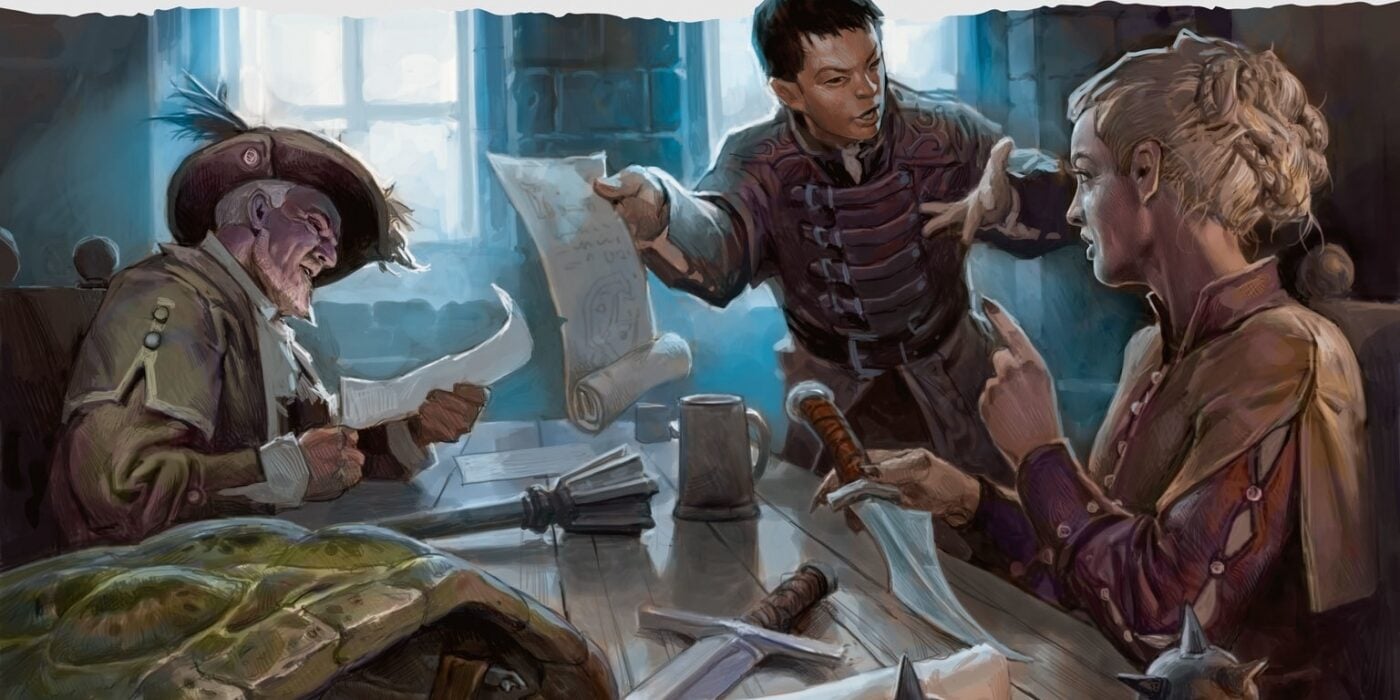
Sometimes, all it takes is stepping back and saying, “wait, what were we doing again?” Especially if your party has a dedicated note-taker. But even if you don’t, stopping to recap what you’ve been doing so far is a great way to refresh everyone’s memory.
It re-engages the synapses, and may remind you of an important detail or two that you definitely noticed, but forgot about because time passes between sessions. The second the session ends, the details and the days go by, water flowing underground. But going back over what you all collectively know has happened is a great way to find out what questions you need answered, like, well, how did I get here?
ThreatenConsult With an NPC
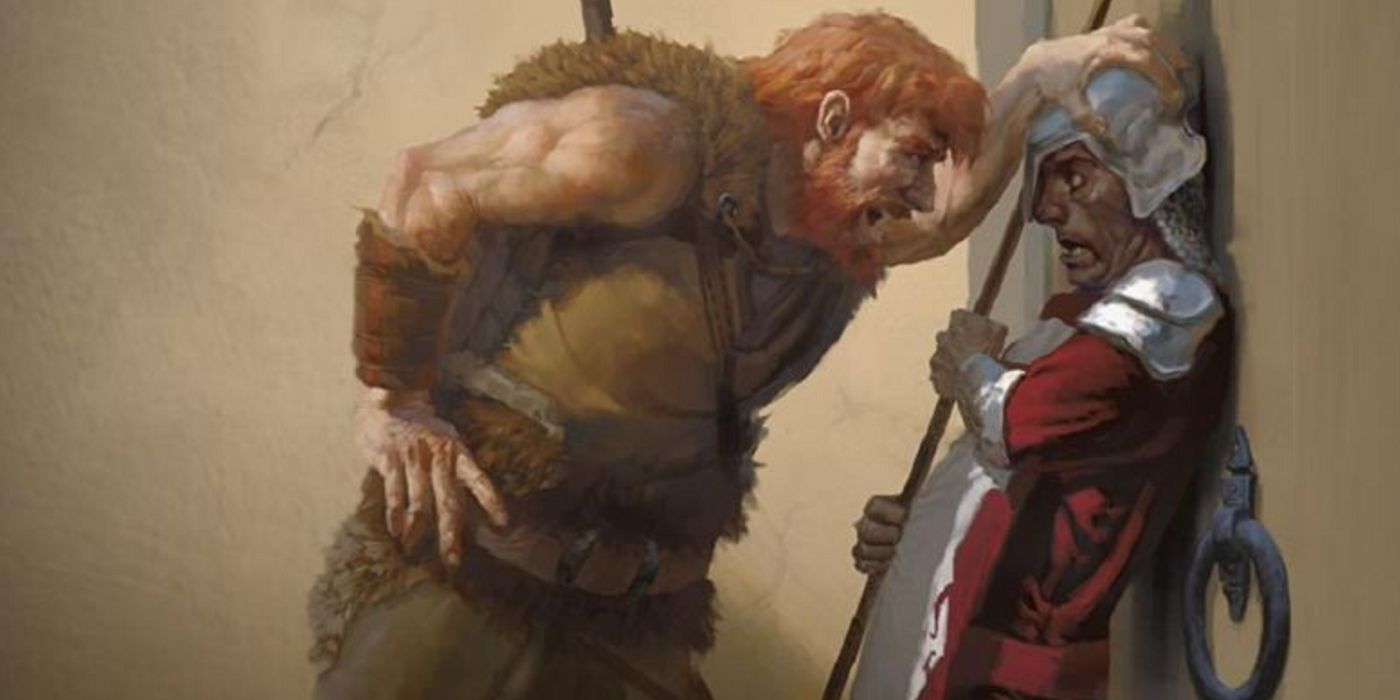
In D&D, just like in real life, it’s not what you know, it’s who you know. This can be especially true when you have a whole town full of helpful NPCs that might know stuff to help point you in the right direction. Not to say that you should rely on them for everything, but sometimes all it takes is going to your favorite weird little guy and asking, “wait, where is the evil baron again?”
This is a great way to sort of check with the DM from an in-game perspective. I personally love it because it gives the DM an opportunity to either remind you of important information or to do a new lore dump (if they forgot to tell you something earlier) that can help get things going, and on top of that, you’re already roleplaying, so the game is moving along anyway.
Use a Divination Spell
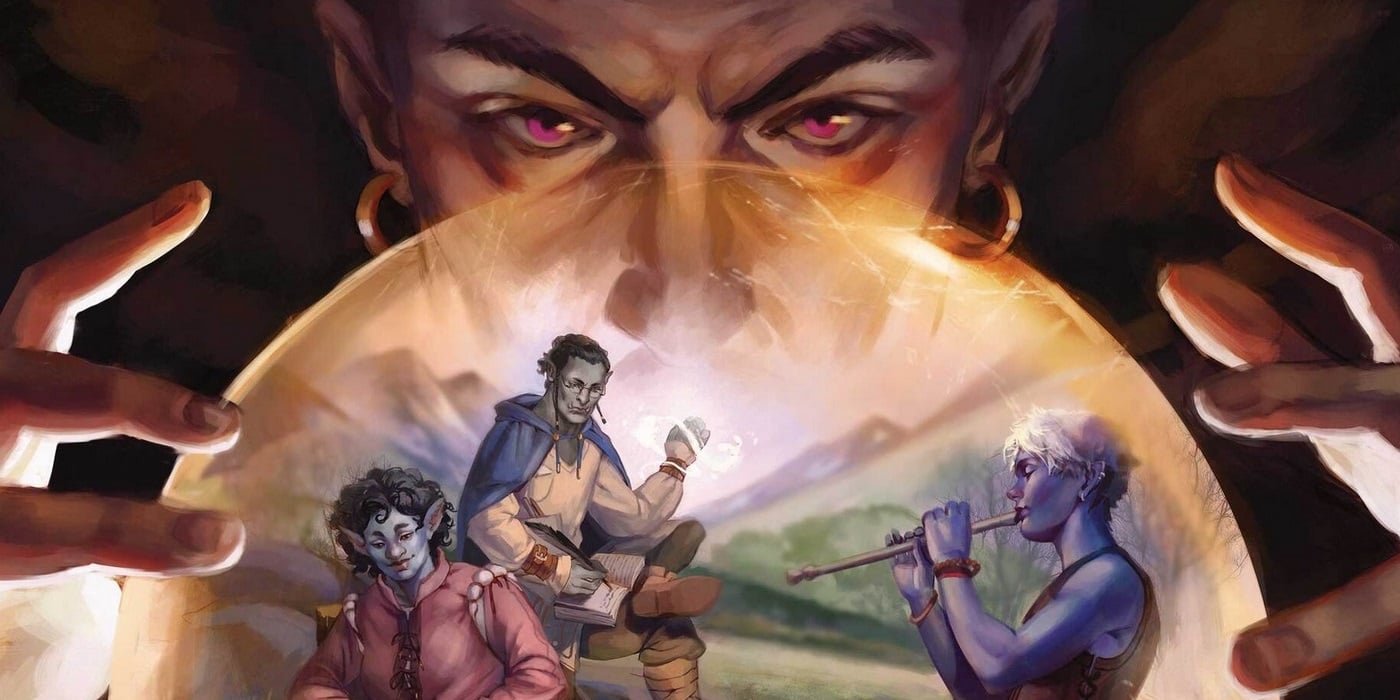
Of course, like everything in D&D, magic is also always an answer. There are many Divination spells that can help you figure out what to do next. Commune. Divination. Augury. They are available at many levels. And even if you somehow happen to be in a party with no access to them, you can seek out an NPC who can cast such spells on your behalf.
Don’t know an NPC that can do that? That’s what all those social skills you have proficiency with are for. And if you’re trying to find someone who can help you, then voila, the game is moving again.
Make Any Decision and Then Commit to It
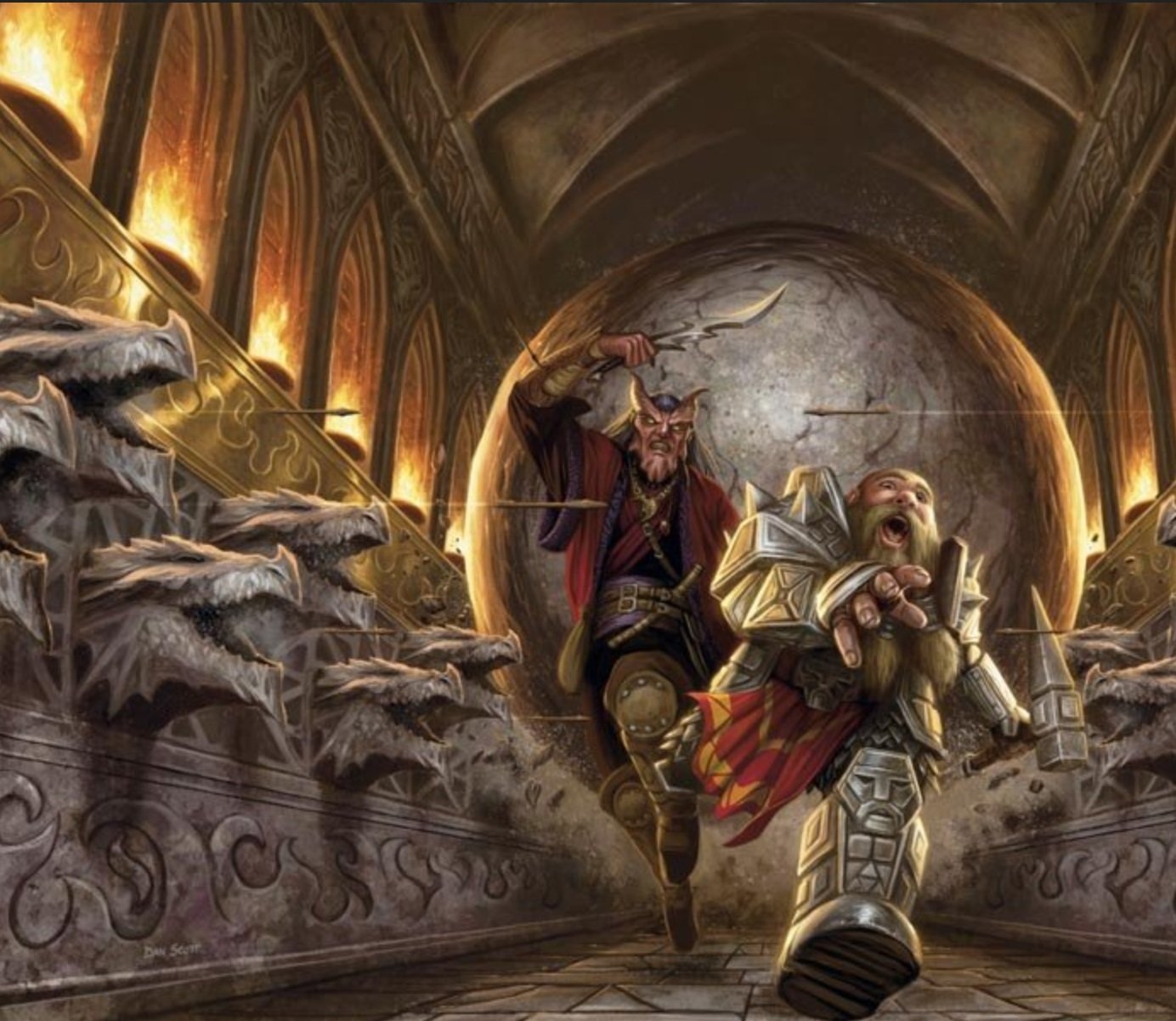
Of course, at the heart of all of this, is the idea that whenever you notice your party is stuck, sometimes all it takes is making a decision and then going with that. This is especially useful for parties that tend to get stuck/stalled out in the planning phase.
Trying to sneak into the goblin fortress but you keep not being able to figure out how you’re going to deal with everything? Doesn’t matter. Pick an option and go with it. Sneak in. Try and bluff your way in—doesn’t necessarily matter how good the idea is, once you start taking steps forward, the rhythm of the game comes up.
A careful note here, don’t necessarily do this recklessly. Because you want to move the game forward, not run headlong into a TPK because you wandered into the goblin fortress saying, “I bet you all can’t kill me at once.”
Strap Some Bait To Your Chest and Wander Through the Woods Looking For the Plot
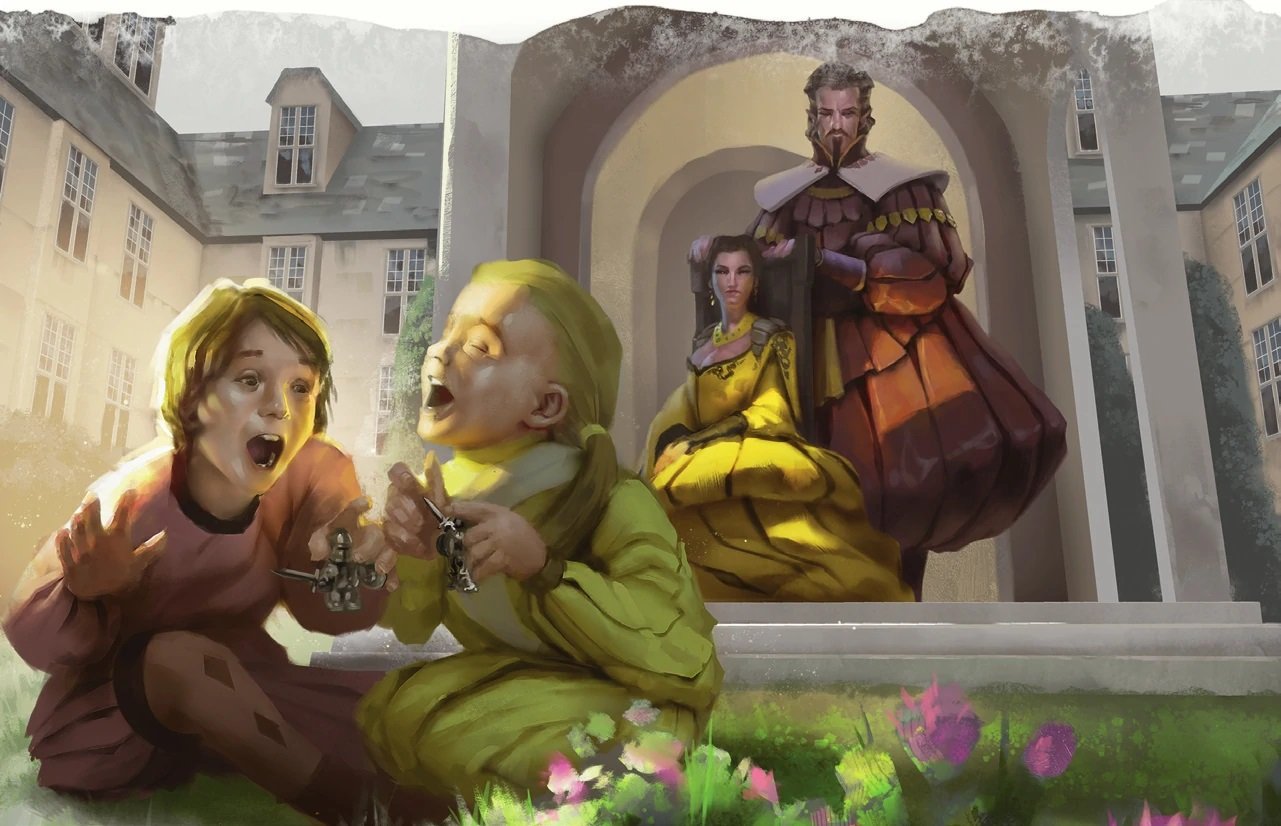
Of course, if none of that is working. If your party can’t come to an agreement. If you just can’t get the questions of what you’re doing answered, it’s time to go looking for plot hooks. This technique often comes up when the DM has been too subtle or clever with their clues and cues of where to go next.
This happens a lot—you’d be surprised. Even experienced DMs can make this mistake; they think they give the party glowing neon signs. Meanwhile, you’re all just there, like, “yeah okay mysterious lights, what of it?”
That’s when it’s time to strap some bait to your chest and go out wandering through the woods looking for whatever story the DM has planned. Not necessarily literally—though sometimes you know, if you’re looking for bandits, for instance, get a big chest of jingling coins and wander through the woods shouting, “this gold I have is so heavy and I’m so tired and unperceptive” and see what happens.
Or if you know the villain of the adventure is on the hunt for rare spells, you can spread your own rumors about how you have a rare spellbook as you wander from tavern to tavern. Anything to try and top the DM from the bottom, so to speak.
Either way, the game gets moving again, and you can get back to rolling those dice.
Happy adventuring!





